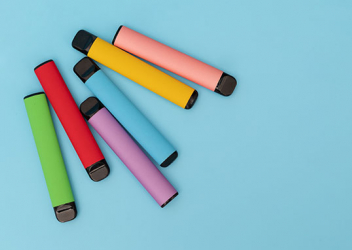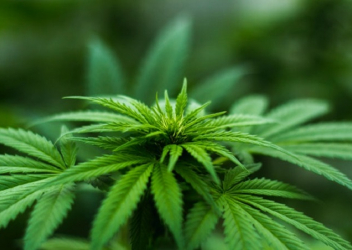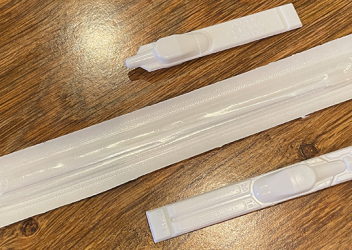Research In Action
Research In Action
Breadcrumb

Clinicians at The Poison Control Center at Children’s Hospital of Philadelphia (PCC at CHOP) have been responding to an increasing number of melatonin ingestions. To help parents, pediatricians, and injury prevention specialists understand the phenomenon, we are sharing these insights.
What is Melatonin?
Melatonin is a hormone naturally made in the brain; it can also be made in a laboratory and be put into a pill. Natural melatonin helps our body regulate going to sleep and waking up, usually based upon our response to darkness. It is commonly used to treat insomnia and jet lag and may be recommended by pediatricians to help children with their sleep. However, because melatonin is not a food, nor considered a drug, it is neither “FDA-approved” nor is the packaging regulated by the FDA for any medical treatment.
Behind the Increase in Melatonin “Poisonings”
With increasing rates of depression and anxiety, global economic and infectious disease stressors, and intrusions from artificial screen lighting, it is not surprising that Americans are looking for help getting to sleep. In 2020 U.S. melatonin sales exceeded $820 million. From a childhood injury perspective, it is wholly predictable that as a drug becomes more available and accessible in our homes, more poisoning events will occur.
Over the 5 years from 2017 through 2021, the PCC at CHOP received 3,730 calls involving melatonin ingestion* by children ages 0-5 years, with an increase from 368 in 2017 to 1066 in 2021. During that same time period, there were 195 intentional overdoses of melatonin* among adolescents 13-18 years, with a 53% rise in cases over the five years.
Out of the 3,925 total potential melatonin poisonings reported to the poison center in the five years from 2017-2021 concerning ages 0-18, only 3 were coded as having moderate or severe symptoms and none died. Upon review of those 3 cases, caregivers reported having trouble waking the children at home, but they all appeared awake and well upon arrival to medical evaluation.
*For this report, cases involving ingestion of only melatonin as a single substance were included; melatonin is often part of intentional ingestions of multiple drugs so has an even broader scope in pediatric poisoning.
Understanding the Results of the National Melatonin Study
Last month, our regional observation that reports to our poison center of melatonin ingestion were on the rise was corroborated on a national scale by Lelak and colleagues. The study examined reports made to poison centers involving possible melatonin ingestion by children and teenagers.
Researchers found over 260,000 reports of melatonin ingestion over 10 years. (Note – these were “single substance” ingestions only; there are undoubtedly more cases where melatonin was one of several drugs ingested). These reports are increasing. There were ~8,000 reports in 2012 and >52,000 reports in 2021. To put this into context, in 2021, 1 in 20 child poisoning reports to poison centers involved melatonin.
Another important finding is that the vast majority of these reported cases were mild:
- 88% of children with reported melatonin ingestion were treated at home without need for a hospital.
- In 83% of the cases, the poison centers recorded no symptoms whatsoever.
Overall, the study found that about 1.5% of children were hospitalized, with 0.1% admitted to an ICU, 5 of the reported children put on ventilators to help them breathe, and 2 children (age 3 months and 13 months) died. However, it is important to note that these data do not tell us that melatonin caused the breathing troubles or the deaths observed in these reports. More investigation of these cases is needed!
Potential Problems with Melatonin Supplements
As we shared above, the FDA does not regulate melatonin supplements or their packaging. The quality control of supplements by some manufacturers may be poor, and as a result, users don’t know how much melatonin they are really getting or what other ingredients may be present. Melatonin use may also alter how the body handles other drugs, such as those used to treat seizures or blood clotting. There needs to be more study on how long-term use of melatonin may affect the body and on whether it is safe during pregnancy.
Recommendations for Safe Use of Melatonin
- Families should discuss any planned melatonin use with their healthcare provider first.
- Consumers should buy only high-quality supplements by looking for the “USP Verified” mark.
- Families should try to only purchase melatonin from manufacturers that sell products in child-resistant bottles.
- As with all medicines in the home, melatonin should be stored safely and kept “out of sight/out of reach/out of mind” of children.
- CHOP’s Sleep Lab and Pulmonology team offers sleeping tips for kids and teens in this Health Tip of the Week.
Poison center experts (1-800-222-1222) are available 24/7 to answer questions and concerns about ingestions of melatonin.






